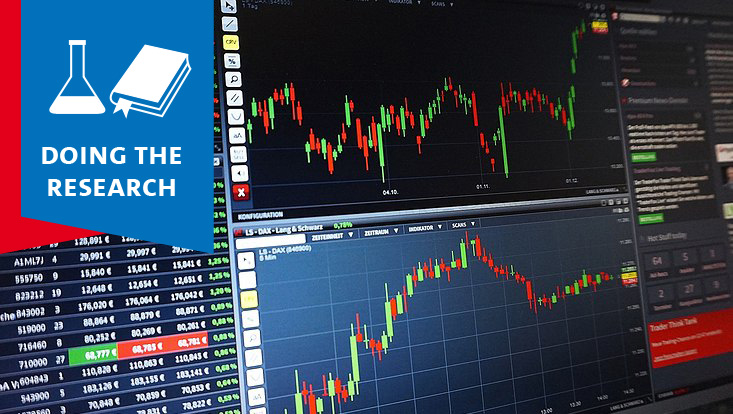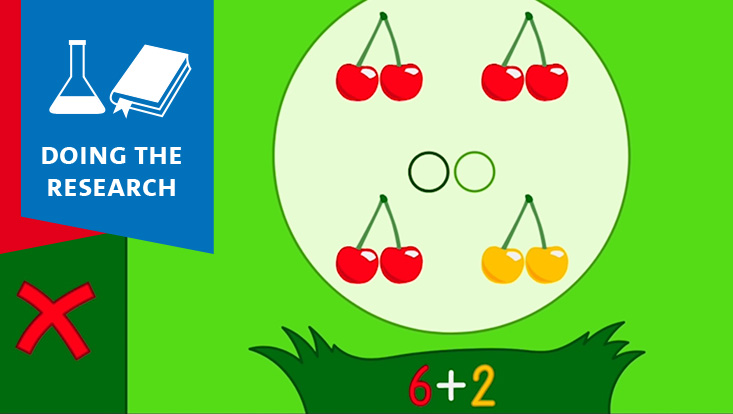Research on capital marketsCan Algorithms Create the Perfect Portfolio?Doing the Research series
5 April 2023, by Anna Priebe

Photo: Pixabay PIX1861
What conditions do capital markets require and which instruments can make them more predictable? These are a few of the research topics in the focus area of finance, banking, and insurance at the Faculty of Business Administration. Prof. Dr. Wolfgang Drobetz provides some insight into current research on the Doing the Research series.
Capital markets are pivotal in the financial system and thus the world economy. So it is important to understand how they work. What is the focus of your research?
Capital markets play central economic roles in a national economy, whereby corporations, with their financing needs, and investors, with their investing wishes, are brought together in efficient ways. When that works well, capital markets foster innovation, change, and growth.
Thus, the goal of our research is to understand how available investment resources can be distributed purposefully to those companies that have the most promising projects and the greatest potential for growth and success.

In the face of bank crises and strongly fluctuating prices, capital markets do not always work very well, do they?
Capital markets have always been subject to many influences and thus they are susceptible to fluctuation. In times of structural change and disruptive innovations in society and the economy, for example, the transformation to more sustainable technologies, they still have a key role in societies because they require large investments.
With our understanding of connections and influences, we can help to create the necessary frameworks and highlight the possible courses of action for companies and investors. This will also facilitate better predictions and timely interference.
Can you name some examples?
In several current projects, we are examining the use of machine learning in portfolio management. Algorithms are being trained to find patterns in very large data sets and, on the basis of this analysis, to make the best decisions. The algorithm can learn free from widespread assumptions about stock market correlations.
For example, we should be able to reliably predict returns on individual stocks and even stock market crashes. Against the backdrop of the discussions about social security benefits being covered by capital markets, for example, these kinds of predictions play a central role for the long-term development of pension portfolios.
To make these predictions, we almost always work empirically; this means using large amounts of data and statistical or econometric methods. We are not just looking at Germany; we also cooperate internationally in our research projects.
Do you use data that is also available to investors?
With machine learning, we do, indeed, use this publicly available information. But we assume that there is also informal knowledge on the financial markets. This is why, in another project, we are looking at the influence of investor networks on the success of company takeovers.
Institutional investors, such as fund management companies, insurance providers, or retirement funds, have better access to corporate information than small investors do and usually invest in numerous companies at the same time. This leads to networks that improve the flow of information and thus the possibility for control over the company. The ownership structure and especially the connections of the owners among one another are, therefore, factors in the company’s success on the takeover market.
Doing the Research
There are approximately 6,200 academics conducting research at 8 faculties at Universität Hamburg. Many students also often apply their newly acquired knowledge to research practice while still completing their studies. The Doing the Research series outlines the broad and diverse range of the research landscape, and provides a more detailed introduction of individual projects. Feel free to send any questions and suggestions to the Newsroom editorial office.


